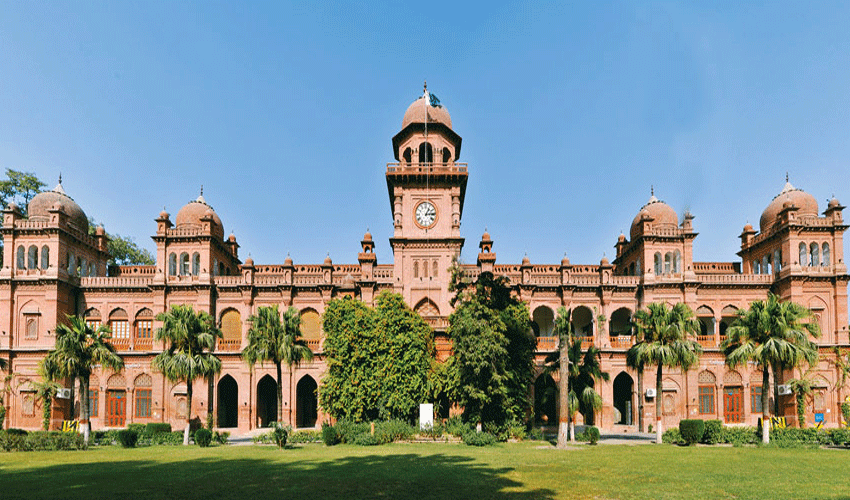In a legal showdown with potentially profound implications, a group of esteemed authors, including George RR Martin and John Grisham, has launched a lawsuit against OpenAI, the owner of ChatGPT, a leading large language model.
The authors claim that their copyrighted works were utilized without permission to train ChatGPT, sparking a heated debate at the intersection of artificial intelligence and intellectual property rights.
Authors guild takes lead
The lawsuit, currently being heard in the federal court in Manhattan, accuses OpenAI of engaging in "systematic theft on a mass scale." It alleges that ChatGPT and similar AI models extracted data from copyrighted books without authorization, primarily to generate accurate summaries of the authors' literary creations.
Joining the fight alongside Martin and Grisham are notable authors such as Jonathan Franzen, Jodi Picoult, and George Saunders, collectively represented by the Authors Guild.
OpenAI, the defendant in this high-stakes legal battle, has countered the allegations by emphasizing its commitment to respecting authors' rights and ensuring they receive fair compensation for their contributions to AI technology.
The organization expressed optimism about finding mutually beneficial solutions through ongoing discussions with creators, including the Authors Guild.
Debate over AI's Role
The lawsuit highlights a growing concern within the creative industries - the fear that AI technologies, particularly generative AI like ChatGPT, pose a significant threat to human-authored content. Authors and creators across various media formats worry that these technologies could potentially displace human creativity.
Legal experts caution that the heart of their concerns lies beyond copyright infringement, with AI automation being a broader issue.
Experts weigh in on copyright
Legal experts have weighed in on the challenges that authors may face in proving copyright infringement. They emphasize that the core issue revolves around AI automation displacing creative labor, a concern shared by professionals across creative fields. To address these challenges effectively, experts suggest the need for legislative and regulatory action to complement existing copyright laws.
This lawsuit is part of a broader pattern of legal disputes involving generative AI technology. Earlier this year, digital artists initiated lawsuits against text-to-image generators, alleging the use of copyrighted artwork without authorization. OpenAI is also facing another lawsuit, alongside Microsoft and GitHub, with computing experts claiming that their code was used without consent to train an AI system called Copilot.
As these legal battles unfold, their outcomes will likely have far-reaching implications for the future of AI technology and its relationship with the creative arts, prompting broader discussions on how to address the challenges posed by AI automation in the creative industries.


























